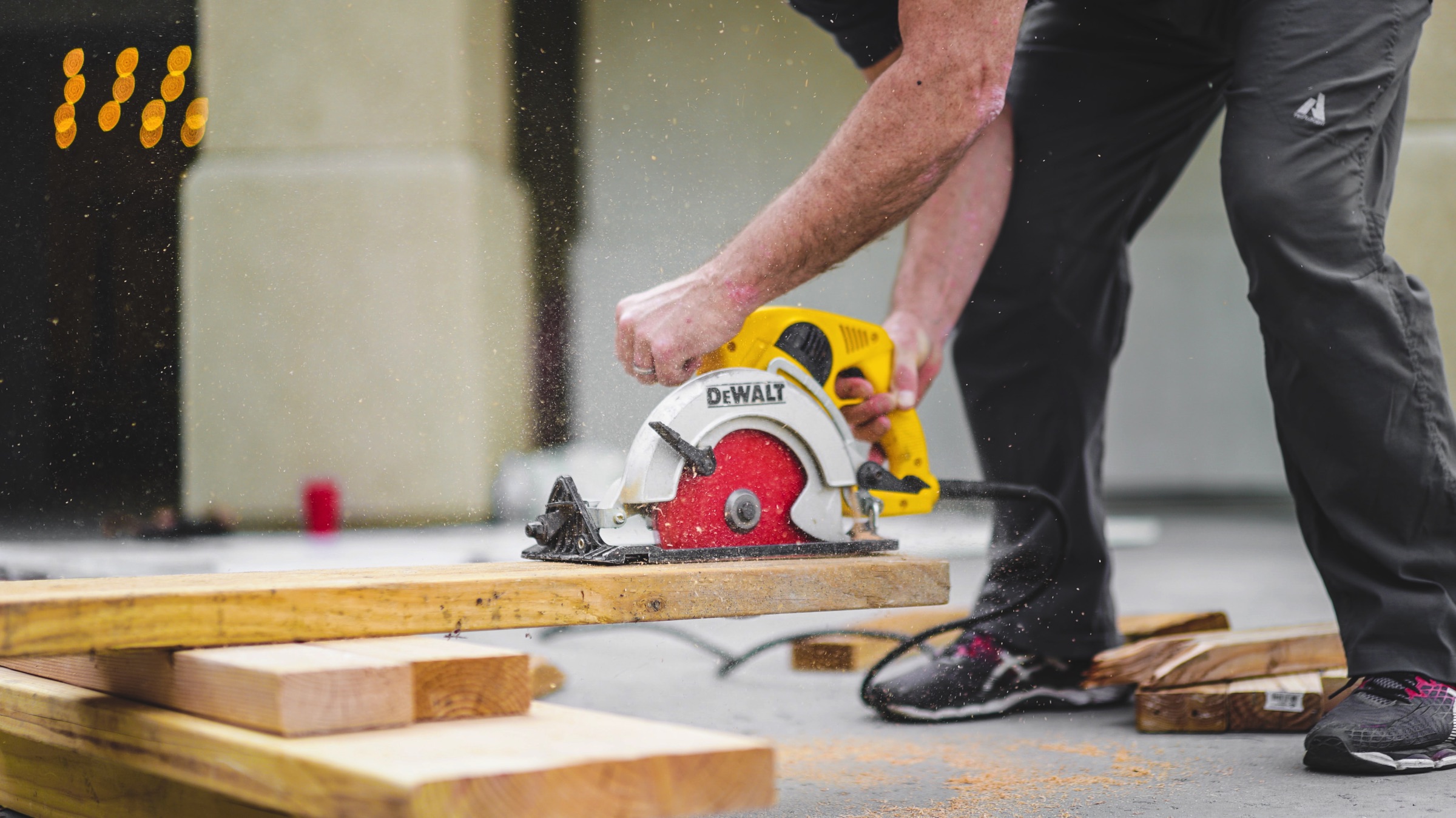
Whether you’re preparing to sell your Richmond home or purchasing a new one, there may be some projects that are just too big for you to take on yourself. In those cases, a professional contractor can help you get the job done properly — if you hire the right one, that is. A bad contractor can cost you time and money, and they may even lead to legal issues. So how do you choose a trustworthy contractor in Richmond?
Choosing the right contractor comes down to doing your research before coming to any agreements. By investing that time up-front, you’re much more likely to have a positive, productive relationship with your contractor and a final product that you can smile about. Here’s how to get started.
-
Ask around for contractor recommendations.
There are hundreds of contractors working in the Richmond region, so a good place to start narrowing down your list is by asking others who they’ve worked with, and who they’ve liked. Your real estate agent can be a really great resource here. Also reach out to neighbors and friends who’ve recently had work done on their homes. Write down all of the recommendations you receive and move on to the next step.
-
Do some online sleuthing.
With your initial list of potential contractors in hand, hop online and start Googling. Do they have a decent website with a portfolio of their projects — and are you impressed with their work? Can you find reviews from past clients — and are they good or bad? Does the contractor have an active license in Virginia, and have they had any official complaints or disciplinary actions taken against them? Check out Virginia’s Department of Professional and Occupational Regulation website for this info — specifically the license lookup feature. Can’t dig up any information online? That may be a red flag — a successful, professional contractor should make it easy for you to get in touch with them and review their work.
-
Meet with your finalists and ask about credentials.
A phone call should be sufficient for your initial meeting. This is a good time to ask for the contractor’s license number if you weren’t able to find it online. Why do they need to be licensed? It means that the person you’re working with is educated and experienced, and it means you’ll be protected if things go awry. Ask about their insurance coverage — again, this protects both you and them if an accident were to occur during construction. In addition to those details, also pay attention to how you mesh overall with the potential contractor. Are they approachable and easy to talk to? Do they explain themselves clearly, and do they seem trustworthy? This is the time to trust your gut and eliminate anyone that doesn’t seem like a good personality fit. After all, you’re about to pay a lot of money to this person and spend a lot of time with them in the coming months.
-
Check the contractor’s references.
Skilled contractors should be able to provide a list of former clients who can weigh in on what it’s really like to work with them. Some questions you can ask:
-
- Did the contractor stay on schedule and keep the terms of your contract?
- Was their work satisfactory?
- How was communication throughout the project?
- Were any problems addressed promptly?
- Did they keep a neat job site?
- Were the costs reasonable and clear?
-
-
Meet to gather bids.
By now you should have a short list of contractors for your project — around two to four options that you feel good about. Now’s the time to meet with those contractors, clearly explain your needs for your project, and request estimates from each of them.
-
Compare the bids.
A professional contractor’s bid will be highly detailed and include breakdowns of various costs and expenses.
- Cost of materials
- Cost of labor
- Other expenses
- Profit margins
Their bids may also include details about timeline as well as types of materials that they recommend. Resist the urge to just choose the cheapest bid offered to you — especially if it’s substantially lower than the others. This could be another red flag.
-
Choose your contractor and sign the contract.
All licensed contractors in Virginia must provide a written contract for residential work. This officially binds you to the contractor and the project, so have a lawyer review the contract if you have any questions about it. The contract should detail everything pertinent to the project:
-
- All materials that will be used, including quality, quantity, color, brand, etc.
- Payment schedule
- A start date and projected completion date
- Any drawings used with written specifications
- Any special requests like cleanup instructions or guidelines regarding pets or children
-
Finding the right contractor for your project may seem like a lot of work, but the good news is, it will hopefully be the beginning of a mutually beneficial relationship that will continue for years to come. And the next time you need a bathroom renovated or a deck rebuilt? You’ll know exactly who to call.
